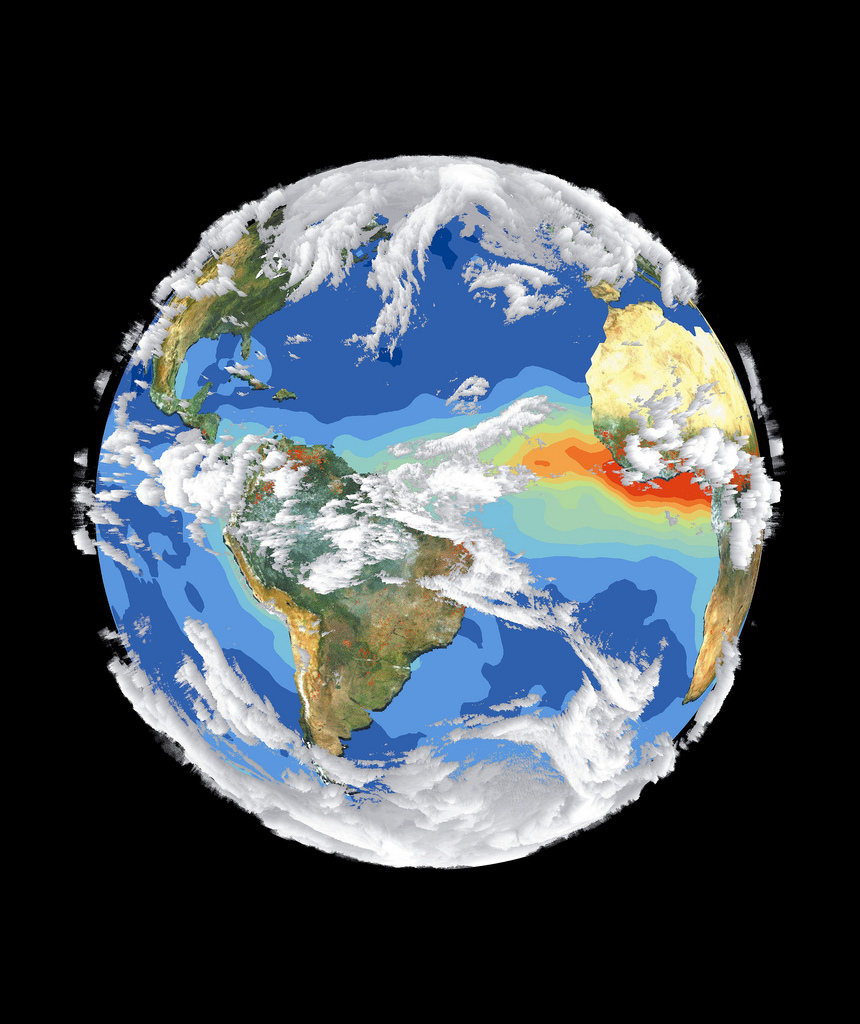Earth day is about more than just posting a few candid shots of trips to the Grand Canyon on Instagram, it is about taking a day to appreciate our natural resources and recognize the damage that has been done to the environment. While we are collectively much more aware of the effects of our actions on the world, there is still more work to be done, this is no secret.
With the advent of social media and the culture of “wokeism” reaching its spindly fingers across every media outlet, we have become obsessed with trying to educate others on the problems that have been caused through years of harmful waste poisoning our planet. It is hard to escape the infographics that give us 10 easy tips to save energy, or compare the amount of water used up annually to the number of kitty pools that could be filled with all the discarded water. Indeed, it seems that at every corner you turn on social media, people aim to throw out as many statistics as possible in the hopes that it will make the observer think more deeply about their environmental footprint. This is all in good faith, of course, but how effective is the method of bombarding friends with bandwagon propaganda? The problem with the modern method of disseminating information is that the power of social media and the gift of the modern world has made it so that we can choose to ignore pressing issues, like climate change, instead of being commanded to care about these issues out of necessity. Most of the time, people make the decision to look the other way, to ignore whatever facts may be right in front of them, and just keep scrolling.
Judaism offers a more interpersonal relationship with the specific topic of keeping the world in good health, one that looks at the bond between humans and the natural world as a bond that is unmediated. Deuteronomy 20:19 states “Is the tree of the field human [to defend itself in a siege]?” The literal answer is no; trees cannot just get up and walk away when they are in danger. We can extend this text to mean that the tree of the field is like a human, but also that a human is like the tree of the field. The parallel is that humans are sometimes put into situations which we cannot control, just as trees cannot control their surroundings or their fates. Therefore, this encourages us to think of nature (or a tree) as another living being whose life is equally important to human life, only the tree cannot advocate for itself and wellbeing. Without getting too philosophical, I would like to distill this message down to the basic epithet that is all too familiar to any student taking a humanities course at UCLA; we owe to each other a certain degree of responsibility and the option to be an onlooker that has evolved with time makes it easy for us to forget that. This includes the obligation we have to keep the world in good health not only for the sake of self-preservation, but for the moral commitment that we have to the natural world. Judaism urges us to take a hard look at the objects around us and not just view a relationship as one that we can gain something from, but as one that is mutually reciprocated.

